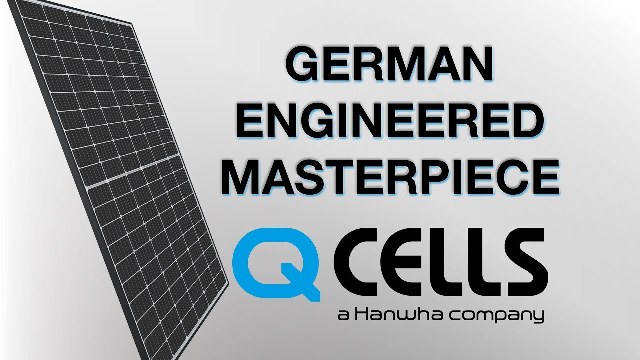Qcells has confirmed an agreement to provide Microsoft with 12 gigawatts (GW) of American-manufactured solar panels, solidifying it as one of the largest deals in this sector.
This deal, stretching until 2032, aims to support Microsoft’s ambition to power its operations entirely with renewable energy by 2025.
Qcells did not reveal financial details of the deal.
Qcells aims to supply solar panels produced at its newly established $2.5 billion factory in Georgia. For Microsoft, this agreement mitigates supply chain vulnerabilities, aligning with their strategic initiative to secure reliable and sustainable panel sourcing.
This collaboration marks an expansion from their initial 2.5-gigawatt contract established a year prior. With this enhanced commitment, Microsoft escalates its total procurement to 12 GW, an amount adequate to power approximately 1.8 million households.
Qcells highlighted the pivotal role of the Microsoft partnership in fortifying its foothold within the United States’ solar supply chain, positioning itself in direct competition with China. The company’s plans encompass the production of silicon ingots, wafers, cells, and the modules themselves, aiming to reduce dependency on Asian-made components that have experienced notable price drops in recent times.
Presently, most solar panels assembled in the United States rely on components manufactured in Asia. The incentives outlined in President Joe Biden’s Inflation Reduction Act aim to invigorate domestic production of clean energy components, thereby reducing reliance on foreign-made goods, Reuters news report said.
Together, both entities aim to introduce an estimated 1.5 GW of solar panels annually to projects contracted by Microsoft through 2032.
The solar modules for this project will originate from Qcells’ highly anticipated fully integrated solar supply chain factory situated in Cartersville, Georgia, a pivotal segment of Qcells’ $2.5 billion investment initiative announced last year.
“Qcells stands uniquely positioned to collaborate with Microsoft in crafting a clean, sustainable future owing to our investment in establishing an American-made solar supply chain,” Justin Lee, CEO of Qcells, said.
In a recent development, REC Silicon in Moses Lake, Washington, has initiated the production of polysilicon, a pivotal raw material in solar modules. The once-dormant factory was rejuvenated through a $200 million-plus investment by Qcells’ parent company, Hanwha Solutions, in April 2022. The polysilicon produced by REC Silicon is slated to empower the new Qcells factory in Cartersville, Georgia, set for completion in late 2024.

